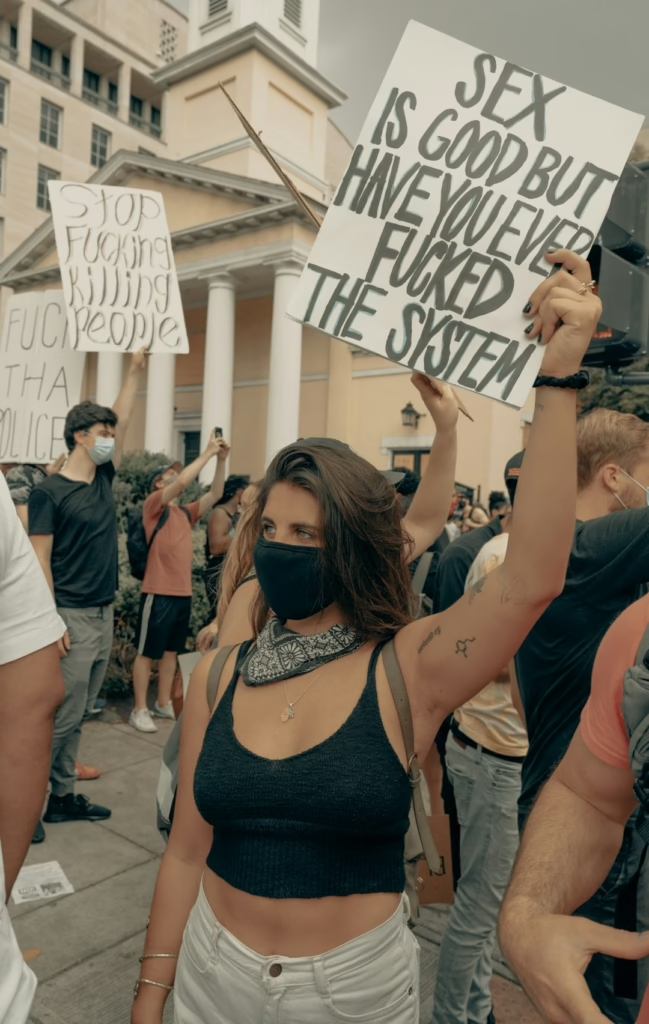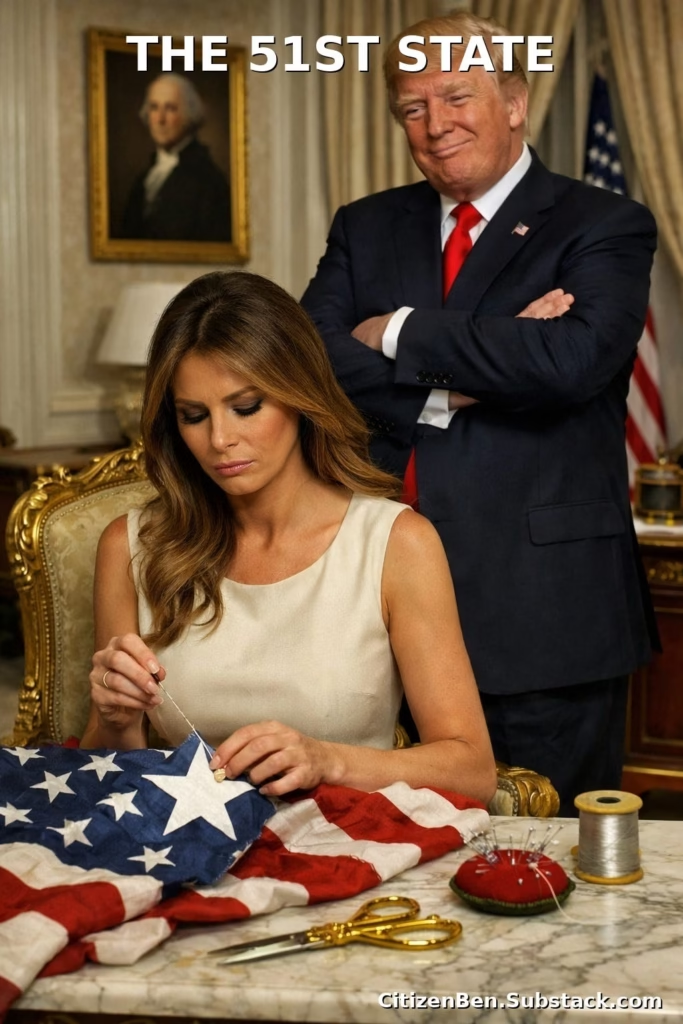How Technocratic Oligarchs Are Changing America
Ben Cable (posted initially on Substack)
Listen to the Podcast: What’s in The Epstein Files?
This topic is a big one, and it’s everywhere you look. Whether you’re reading about Elon Musk on the front page, seeing strikes at Amazon warehouses, or wondering why the political center keeps collapsing… you’re witnessing something called The New Class War. I loved sociology in college, and this gives me a chance to show off a little.

Photo by Clay Banks on Unsplash
Now, don’t worry—this isn’t Marx’s class struggle 2.0. It’s not just the rich vs. the poor. It’s a deeper, more complex divide. A culture war, a power struggle, a legitimacy crisis. And it’s shaping the world we live in.
Let’s walk through this.
1. So, what is “The New Class War”?
Sociologist Michael Lind coined this term a few years back. His basic idea? Western democracies, including the U.S., are being torn apart by a conflict between two very different classes:
- On one side, we have the managerial elite, comprising college-educated professionals, bureaucrats, tech leaders, and media influencers. Think Silicon Valley, Harvard grads, NGO consultants, and think tank fellows.
- On the other side, we have the working and middle-class public—people who keep the country running but feel increasingly unrepresented, disrespected, and unheard.
Lind argues that in the decades following World War II, these groups achieved a form of “class peace” through unions, local media, and power-sharing institutions. However, starting in the 1970s, that compromise began to fall apart. Elites gained more power economically, politically, and culturally, while the working public lost influence.
Now in 2025, the conflict is coming to a head.
2. Why is this war heating up today?
Let’s look at the data and trends:
A) Wealth Inequality Is Off the Charts
Did you know that the top 1% of Americans control over two-thirds of the country’s wealth? Meanwhile, the bottom half of the population owns just 2.5%. That’s not just unfair, it’s socially unstable. We’re back to Gilded Age levels of inequality. And people feel it. The Big Beautiful Bill that President Trump just signed is a big handout to the top tier while gutting programs for us low-life middle class. They (the Republicans who backed the Bill) say it is cutting waste, fraud, and abuse. This means they will cut anything they want and assign a label to justify the pain caused by their actions.
B) Too Many Elites, Too Few Seats
There’s a phenomenon called elite overproduction (Peter Turchin fans, raise your hands!). It means too many well-educated people are competing for too few positions of real power. Think of all those law school grads working unpaid internships or Ivy League kids starting YouTube channels instead of joining think tanks.
When elite institutions can’t absorb all the ambitious strivers they produce, tensions explode—sometimes outward (political populism), sometimes inward (institutional decay).
C) The Rise of the Technocratic Oligarchs
Let’s name names: Musk. Bezos. Thiel. Zuckerberg. These aren’t just CEOs—they’re shaping elections, rewriting public policy, and even launching surveillance satellites.
And they don’t answer you. Or Congress. Or sometimes even shareholders.
3. Wait, do the elites know this?
Excellent question! Some do, and they’re nervous. Others, frankly, mock the very idea.
A lot of elite media and politicians say today’s populism is all about misinformation or bigotry. But research shows that populist backlash is often about legitimacy and exclusion, not hate.
Let me give you an example from this year. In Brooklyn, a democratic socialist named Zohran Mamdani has just won a primary by organizing disillusioned working-class and immigrant voters, many of whom have college degrees but no stable income. His win wasn’t about slogans. It was about dignity.
4. How do we fix this?
Now we’re really getting sociological!
Here are the three roads ahead, according to thinkers like Lind, Turchin, and others:
- Elite dominance hardens: We end up with a high-tech caste system—where the overclass rules, and everyone else rents homes, rents jobs, even rents freedom.
- Populist backlash succeeds (briefly): But without a clear agenda or leadership, it fizzles or turns authoritarian.
- New class compromise: The most hopeful option. It means elites start sharing real power, and institutions become inclusive again—unions, local councils, civic groups. It means belonging, not just voting.
My Thoughts
This is the defining conflict of our era. It cuts across left and right, Democrat and Republican. It’s not about policies. It’s about power.
Whether you’re a barista in Boise, a coder in San Francisco, or a teacher in Tallahassee, this affects you. And if we want a democracy that works, elites need to stop ruling from above and start listening from below.
Let me leave you with this:
“If you don’t have a seat at the table, you’re probably on the menu.”
Now go forth and ask:
Whose voices are missing?
Whose institutions are failing?
And what can we build together?
Thanks for reading. If you enjoyed this, consider subscribing to Citizen Ben. Your support fuels more “lectures” like this and keeps us free from elite capture.




